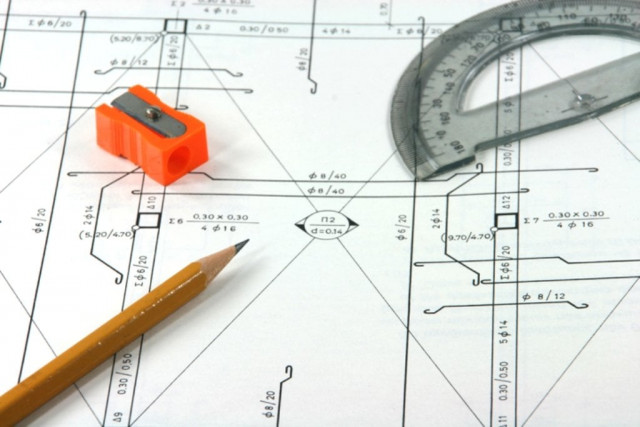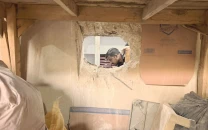Equal opportunities: Female engineers hope for better career chances
Decry discrimination and lack of opportunities for women in mainstream industries.

Sharing her experience, Nasim said: "I did not experience any kind of security issue or discrimination during my two-year stay in Japan and Germany. They have equal opportunities for males and females, something that is lacking in Pakistan." STOCK IMAGE
The first female engineer in the country, Asfia Aleem, spoke to the audience about her efforts for the empowerment of women engineers. "Acceptance and recognition are two things what we female engineers need and that is what we are working for," said Aleem, who is a role model for many. "I not only want females to be employed but also want them to be integrated with the mainstream engineers."
Welcoming the fresh graduates, Farhat Adil, the chairperson of the IEP's Karachi centre, questioned how society could isolate women from the working class, when they represented around 50 per cent of the population. "Over 70 per cent of women in rural areas work in the fields with their spouses," said Adil. "What we need is gender balance within the educational institutions and workplaces."
Sharing some statistics about the women engineers currently working in Pakistan, IEP president Syed Jamshed Rizvi said: "Less than 20 per cent of female engineers join the profession after graduating from one of the biggest engineering universities of Karachi — the NED University of Engineering and Technology".
Shagufta Ishteyaque, the head of the chemical engineering department at the University of Karachi, said that determination was the key to success and females needed to be more confident than they were today. "We have bound ourselves to only two professions: doctors and teachers. It is time to encourage all freshly graduated female engineers to work alongside male engineers in the industries," she suggested.
Sadia Muniza Faraz, a teacher at NED, highlighted the reasons why most female engineers did not pursue a career after the completion of their degree. "Lack of interest, lack of role models and a lack of family time are the three main reasons," said Faraz, a mother of two and a former student of NED.
A second-year student at NED, Falak Maher Khan, shared her experience from the first semester when male teachers made female students feel that engineering was not for girls. "I am confident about what I am doing. I believe no one can make you feel inferior unless you allow them to," said Khan, while talking to The Express Tribune.
Anam Raza, a former student at NED, shared her views on the confidence gap. "Women are more competent, energetic and more willing to take chances," said Raza, boosting the confidence of the female engineers present in the hall.
"I was very keen to go abroad to do my Master’s because I wanted to see if this discrimination and inequality with women was only in Pakistan or all over the world," said a mechanical engineer, Heraa Nasim, who graduated in 2009.
Sharing her experience, Nasim said: "I did not experience any kind of security issue or discrimination during my two-year stay in Japan and Germany. They have equal opportunities for males and females, something that is lacking in Pakistan."
Published in The Express Tribune, January 18th, 2015.



















COMMENTS
Comments are moderated and generally will be posted if they are on-topic and not abusive.
For more information, please see our Comments FAQ